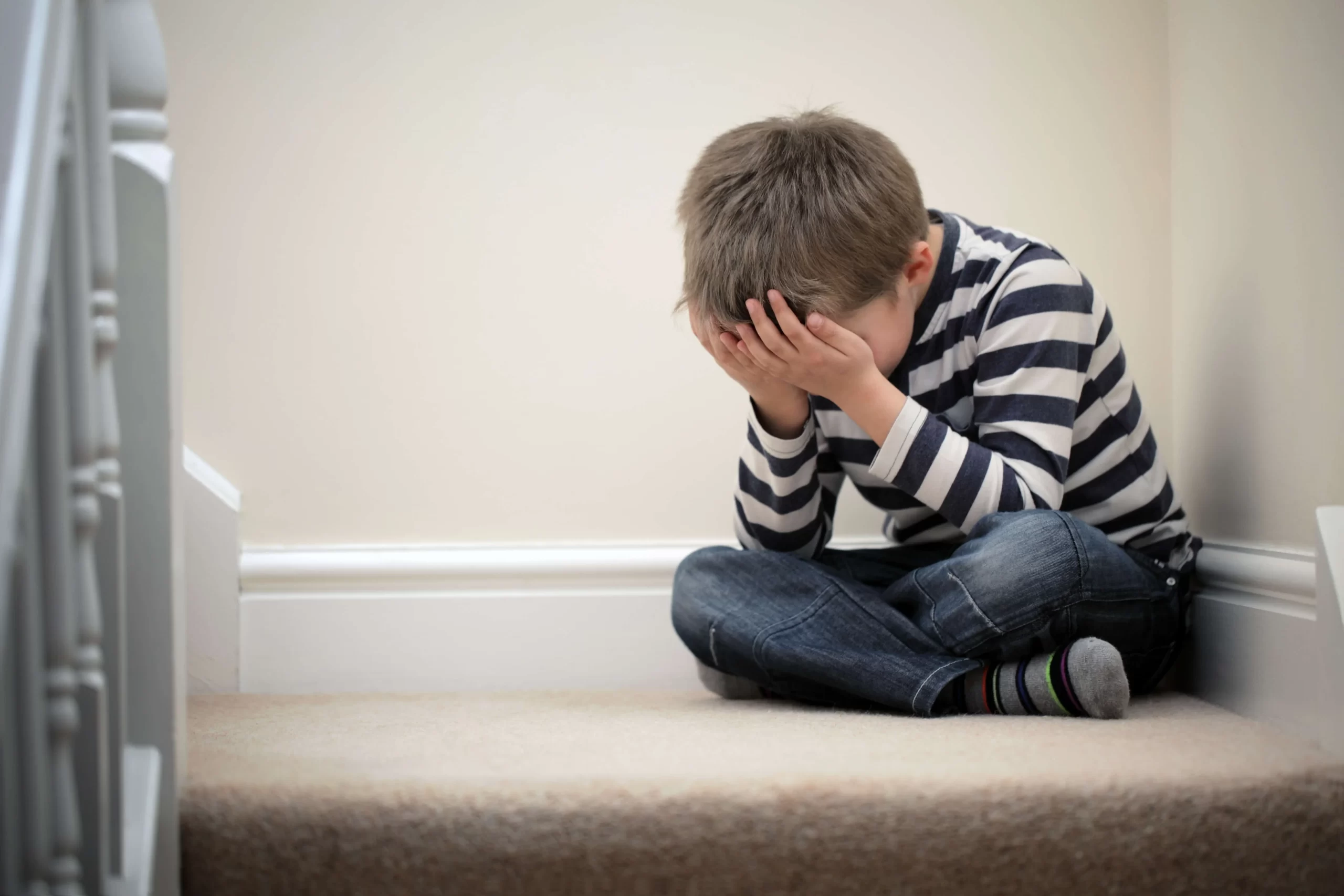Childhood is the prime time for emotional and behavioral development for children. Unfortunately, a lot of them don’t even get the chance to feel any real emotions like love, affection, understanding, and appreciation. Some children don’t even get their basic needs fulfilled and only survive on the bare minimum, which is why they end up seeking validation and chasing after the most basic things later on in life. Eventually, this leads them into poor relationship cycles when they grow up. Let’s explore how relationships are affected by childhood trauma in detail.
Understanding Childhood Trauma
Childhood trauma leaves incurable scars on the souls of individuals who have badly suffered in their past. Trauma always keeps them in a fight-or-flight mode where they are always on high alert because they assume something may happen at any given time. It is overwhelming to deal with such situations while maintaining your calm.
Attachment Issues
Attachment issues are a common side effect of childhood trauma. Children who experience trauma often grow up to be insecure and have difficulty trusting people. They may either struggle to trust even those who are genuinely good to them or trust too quickly if someone seems even slightly nice or approachable. This makes it hard for them to form healthy relationships.
Fear of Abandonment
People who have experienced childhood trauma often live with a constant fear of abandonment due to their parents’ emotional neglect. Their brains automatically assume that people will either leave them or fail to meet their emotional needs. As a result, they may develop overly dependent behaviors and separation anxiety, which can cause others to distance themselves, as they may not understand these behaviors.
Impact on Communication
Communicating or conveying something with people who have suffered childhood trauma and abuse is harder than anyone can imagine because growing up, they have only faced two situations that is, they either never got the chance or courage to stand up for themselves or they always had to take a stand because no one else ever would. This misbalance causes them to either shut down completely or become overly aggressive and reactive when they grow up, which complicates relationships for them.
Healing and Building Healthy Relationships
Trauma isn’t something one can control, but the aftereffects can be controlled and must be treated. It is important to heal your childhood self by seeking therapy and becoming self-aware in order to develop healthy coping mechanisms and build healthy relationships.
Conclusion
Childhood trauma can have lasting impacts on adult relationships which affects their ability to trust, regulate emotions, and communicate. The right help at the right time can improve mental health issues and encourage a healthy healing process. If you are interested in reading about childhood trauma and how to overcome it, “Rising Up: A True Story of Child Abuse” by Nancy Pusateri is a must-have. The book begins by introducing Nancy’s roots, tracing her family’s migration from Greece to the United States, setting the stage for the story shared ahead in the book. The early years of Nancy’s life seemed like a normal childhood until her family shifted to a new house. Then began the series of harrowing experiences, shattering the innocence of her early years. Her journey is a raw, unfiltered glimpse into the reality of surviving abuse and the difficult path toward healing and reclaiming one’s life.
Available on Amazon.
